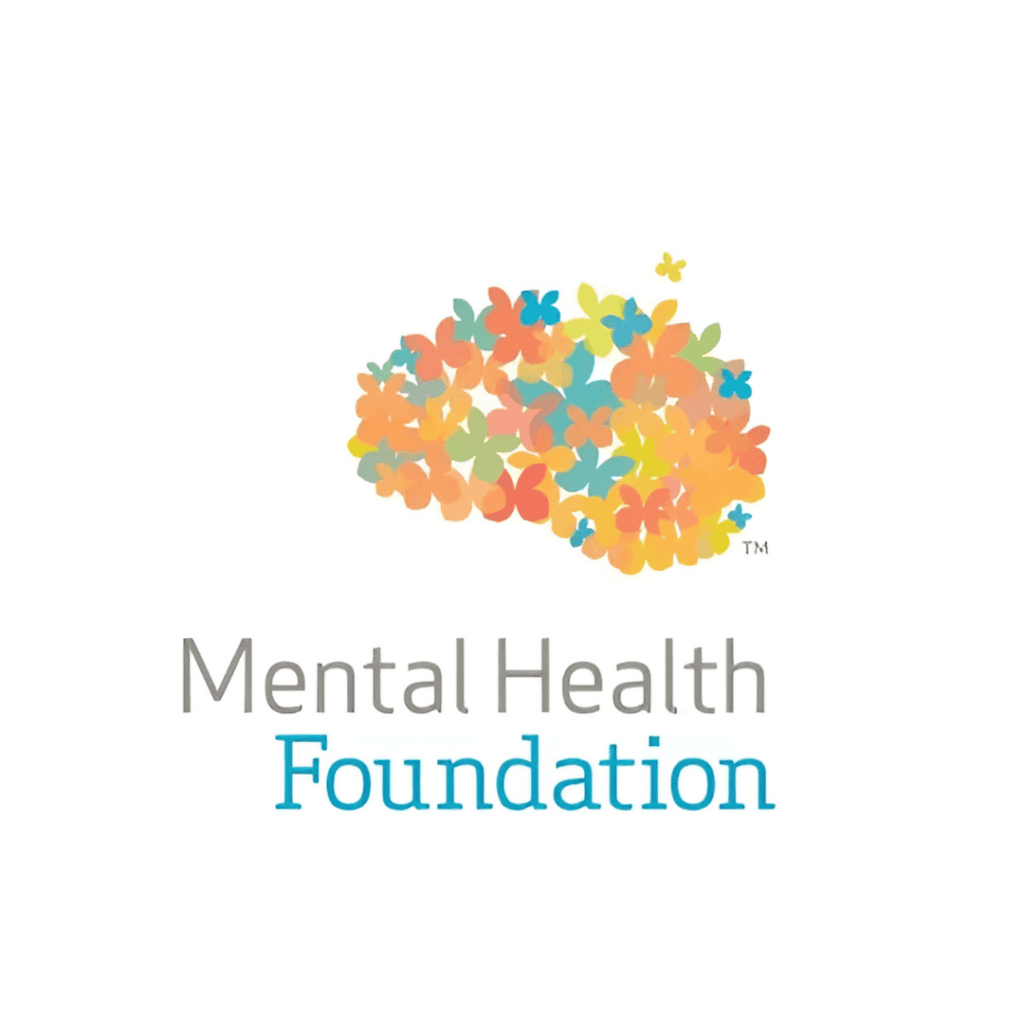Everyone embraces spirituality from a different point of view, and everyone has a different understanding of it. To some, being spiritual means practicing a specific religion like Buddhism, Christianity, Islam, Judaism, or Folk religions. To others, it can mean connecting with a high power – something bigger than themselves – what some may call Creator or the divine. For others still, being spiritual is not tied to practicing a specific religion. It can be about looking within yourself, listening to your gut, carefully considering one’s values and virtues, and intentionally acting on those values.
“The Soul, I believe, is the fingerprint of God that becomes the physical body” – Iyanla Vanzant
Spirituality is often tied to people’s beliefs about the afterlife. Some people practice spirituality as a means to pay respects to their ancestors or the souls of loved ones who have passed on. Some people’s spiritual beliefs are connected to their hopes that they will go to heaven, reach a higher place, or be reborn into a better life. A common thread that connects most spiritual practices and beliefs is hope. Hope for a better life, hope for an afterlife, hope for a better tomorrow. This thread of hope is what makes spirituality an attractive concept to many people. Life can be quite harsh for some. Hope for a better tomorrow or the belief that there is a greater purpose to this life can be a strong motivation to persevere through tough times.
This hope and faith can be crucial to a person’s emotional, mental, and physical wellbeing. Spiritual balance is therefore deeply connected with other aspects of our life, which can help enrich other parts of our being.
What Is a Religion?
Religions are particular systems of faith and worship. Religions often inform people’s worldviews, morals, and beliefs; they also sometimes have sacred texts in which various teachings can be found. For as long as there have been large civilizations, there have been religions.
The five major world religions in the world are: Hinduism, Buddhism, Judaism, Christianity, and Islam. “Major” in this case simply means they are practiced by the most number of people in the world, but there are many more religions practiced across the world. There are in fact about 4,300 religions in the world!
Religion can be a tricky and sensitive topic to discuss. Some people might have strong opinions about what they believe. It’s important to be respectful of other people’s beliefs and opinions and to see past religion and recognize that we are all human beings.
If you are questioning your religious beliefs or struggling with your spirituality, there is nothing to be ashamed of. Questioning one’s religious upbringing or beliefs is a completely natural and normal human experience. It’s a big part of growing into your own independence but it can also be difficult. You are not alone!
Sometimes writing down the way you are feeling can help to clarify your questions, the reasons that you are struggling and be a way to explore potential solutions to find future balance that works for your life. It can also be helpful to reach out and talk to someone like a friend, family member, therapist or other person that makes you feel safe and accepted.



